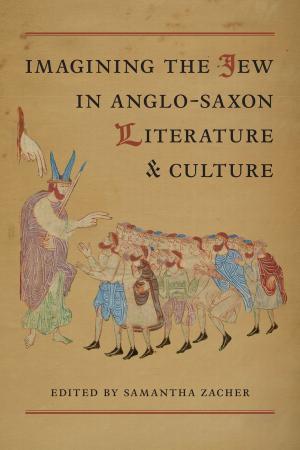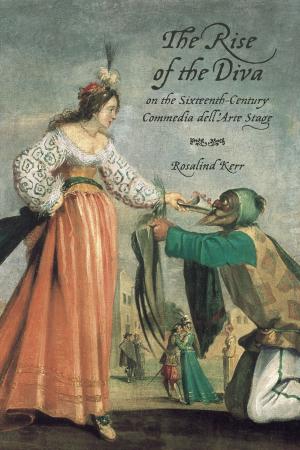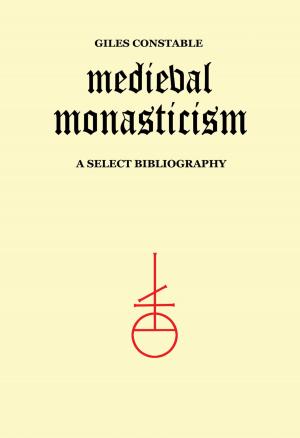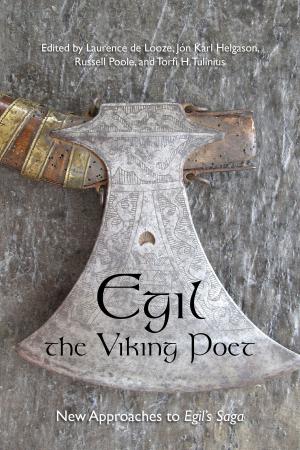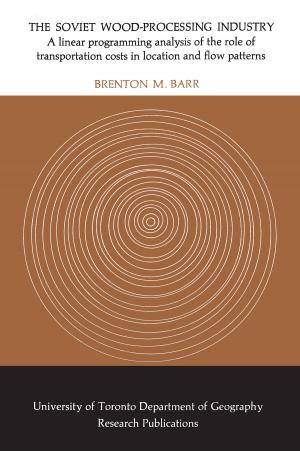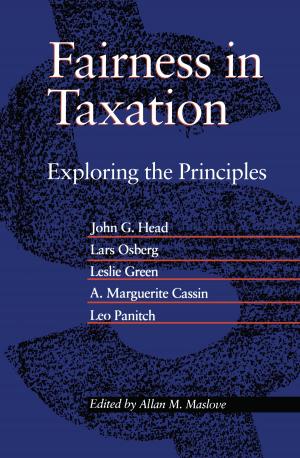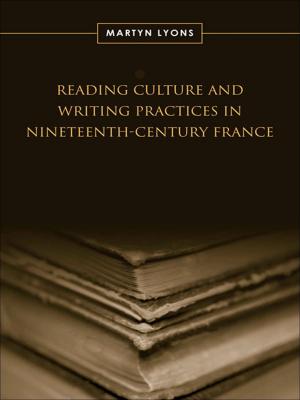Pascal the Philosopher
An Introduction
Fiction & Literature, Literary Theory & Criticism, French, Nonfiction, Religion & Spirituality, Philosophy, Religious| Author: | Graeme Hunter | ISBN: | 9781442667006 |
| Publisher: | University of Toronto Press, Scholarly Publishing Division | Publication: | December 6, 2013 |
| Imprint: | Language: | English |
| Author: | Graeme Hunter |
| ISBN: | 9781442667006 |
| Publisher: | University of Toronto Press, Scholarly Publishing Division |
| Publication: | December 6, 2013 |
| Imprint: | |
| Language: | English |
Blaise Pascal has always been appreciated as a literary giant and a religious guide, but has received only grudging recognition as a philosopher: philosophers have mistaken Pascal’s harsh criticism of their discipline as a rejection of it. But according to Graeme Hunter, Pascal’s critics have simply failed to grasp his lean, but powerful conception of philosophy. This accessibly written book provides the first introduction to Pascal’s philosophy as an organic whole.
Hunter argues that Pascal’s aim is not merely to humble philosophy, but to save it from a kind of failure to which it is prone. He lays out Pascal’s development of a more promising and fruitful path for philosophical inquiry, one that responded to the scientific, religious, and political upheaval of his time. Finally, Hunter illuminates Pascal’s significance for contemporary readers, allowing him to emerge as the rare philosopher who is spiritual, literary, and rigorous all at once – both a brilliant controversialist and a thinker of substance.
Blaise Pascal has always been appreciated as a literary giant and a religious guide, but has received only grudging recognition as a philosopher: philosophers have mistaken Pascal’s harsh criticism of their discipline as a rejection of it. But according to Graeme Hunter, Pascal’s critics have simply failed to grasp his lean, but powerful conception of philosophy. This accessibly written book provides the first introduction to Pascal’s philosophy as an organic whole.
Hunter argues that Pascal’s aim is not merely to humble philosophy, but to save it from a kind of failure to which it is prone. He lays out Pascal’s development of a more promising and fruitful path for philosophical inquiry, one that responded to the scientific, religious, and political upheaval of his time. Finally, Hunter illuminates Pascal’s significance for contemporary readers, allowing him to emerge as the rare philosopher who is spiritual, literary, and rigorous all at once – both a brilliant controversialist and a thinker of substance.




